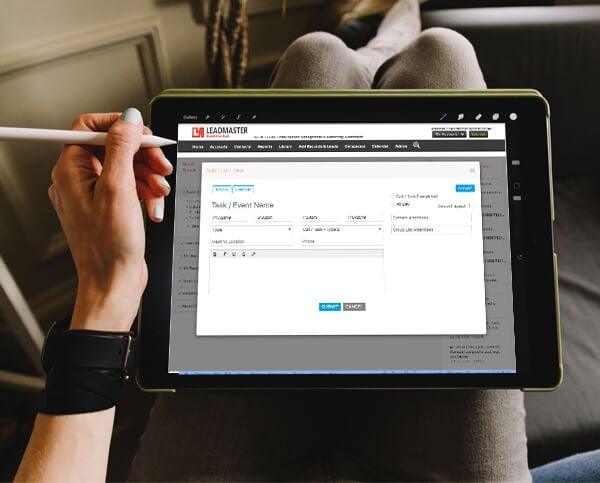Customer Relationship Management (CRM) systems are integral to most business operations. CRMs help businesses organize and maintain their customer processes in a streamlined way and enable teams to access customer data all in one place. There is a wide range of CRM systems on the market today, each featuring unique tools and functions.
Your CRM system should contain all the necessary features to meet your customer service needs. A CRM solution that is not suited for a company’s unique needs can detract from productivity. In response, some companies may need to overhaul their CRM system completely.
When is switching CRMs the best option? Here are three tips to consider when comparing CRMs for your business.
1. Evaluate Your Existing CRM
Sometimes, the problem with your existing CRM lies more within how your team is utilizing its features than true incompatibility with your business processes. Before you introduce a brand new CRM system into your business, consider how your CRM is currently used and whether you can tweak it to solve any issues. If you fully optimize your CRM for your business and still experience problems, it’s likely time for an upgrade.
Ask yourself a few evaluative questions, such as:
- Does our CRM have the key features we need?
- Does our sales team use our CRM’s features?
- Can we afford to maintain our CRM system?
- Can we scale our CRM system?
The first step in introducing any major change to your business processes is determining whether a change is required in the first place.
2. Do Your Research
When searching for a new CRM, the options may seem overwhelming. Arm yourself with knowledge of your company’s needs and the options available within your budget. Before you choose a new CRM system, you need to know:
- Which features your sales, marketing and support teams need
- Can the CRM scale with your business
- How much of your current data you need to carry over into a new system
- The cost of implementing a new CRM system, hint, it’s much more about the people than it is the cost of the license
The better you understand your business needs and the available CRM options within your price range, the better equipped you are to make a decision that benefits your sales team and your revenue.
3. Know Your Long-Term Business Needs
When you choose a CRM, you need to view it as a long-term investment that will help propel your business into the future. Opt for features that your sales team enjoys and that will remain useful for a long time. Make sure to choose a scalable system that can accommodate your business growth.
Choose the Right CRM Solution With Help From LeadMaster
If you’re looking to switch your CRM system and need expert advice on the best solutions for your business, contact LeadMaster today!


Recent Comments